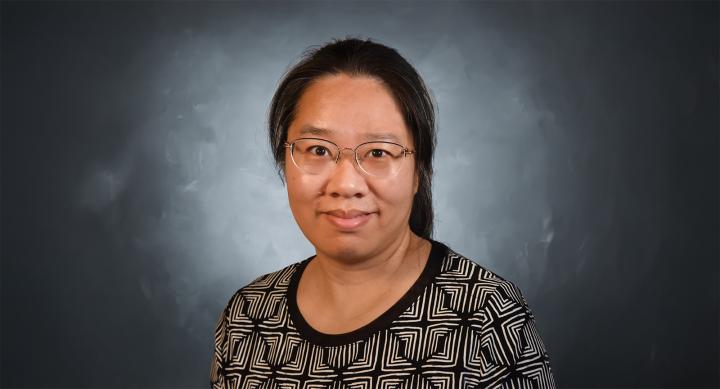
Yaolin Pei, PhD, assistant professor at The University of Texas at Austin School of Nursing, has been awarded the prestigious R00 award from the National Institute on Aging to advance research that supports Chinese American dementia caregivers in making informed, culturally sensitive decisions about feeding their loved ones.
Having completed two years in the mentored K99 phase, Pei is now transitioning to the independent R00 phase, where she will lead a three-year pilot randomized controlled trial with 60 caregivers. The project will evaluate the efficacy of a culturally adapted aid for making decisions about feeding options.
“Receiving this R00 award from the National Institute on Aging is both an honor and a pivotal milestone in my career,” Pei said. “It affirms the significance of my work on culturally adapted decision aids for dementia caregivers and provides the resources to transition from mentored research into full independence.”
Pei’s study addresses a critical need in the Chinese American community, where feeding decisions—whether to choose tube feeding or careful hand feeding—are often influenced by cultural beliefs, limited understanding of dementia and lack of knowledge about the risks and benefits of each option. Despite evidence showing no health benefits and potential harm, tube feeding remains common among Chinese older adults with advanced dementia, Pei said.
During the K99 phase, Pei conducted interviews with caregivers and health care professionals to identify key cultural considerations, refining the decision aid through multiple rounds of cognitive interviews and field tests. In the R00 phase, she will further adapt and rigorously test the tool.
“Beyond advancing my scholarly goals, [this grant] enables me to deliver meaningful decision-making support to Chinese American dementia caregivers and their families, many of whom have limited knowledge about tube feeding and careful hand feeding,” Pei explained. “This grant is not only an investment in my research, but also a commitment to improving care experiences and decision-making on feeding options for the Chinese American communities.”
Pei’s primary goal is to improve the quality of decision-making by ensuring choices are informed, culturally sensitive and aligned with patient values. In the long term, she hopes her work will serve as a model for adapting decision aids to other cultural and linguistic communities.
“After many years of focusing on theoretical questions, I wanted my research to have a tangible impact on real-world communities,” Pei added. “I hope my research will better prepare Chinese American dementia caregivers to engage in collaborative discussions with nurses about feeding options, enabling informed decisions that honor the patient’s wishes.”
By combining cultural insight, community engagement and clinical trial rigor, Pei’s work has the potential to shape nursing practice and improve patient care experiences for a historically underserved population.